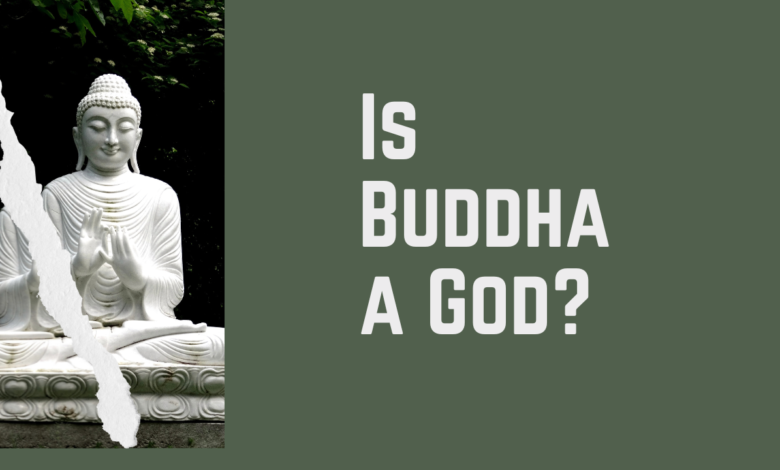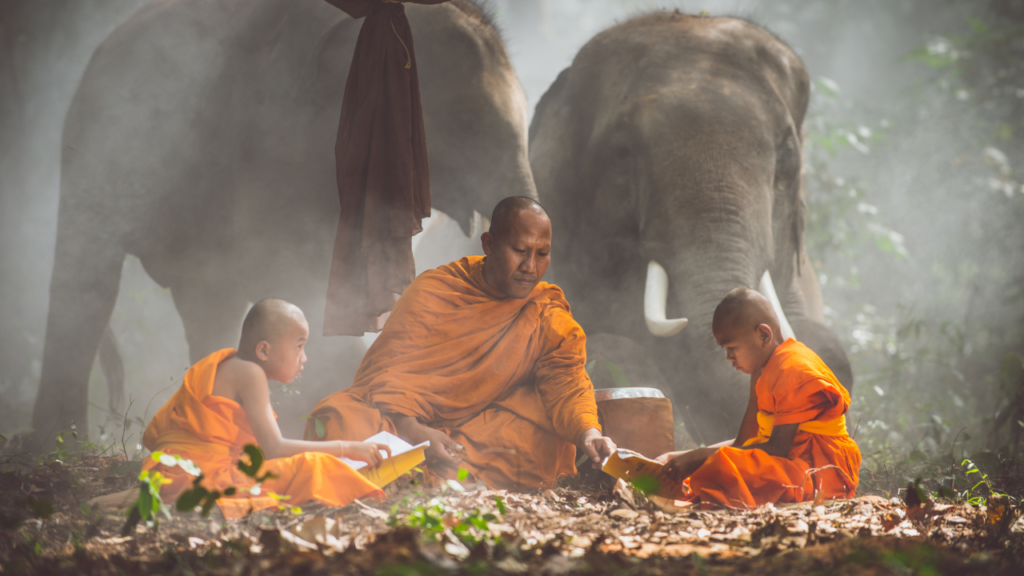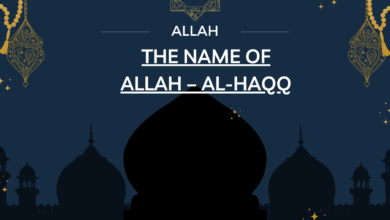
Is Buddha a God?
No, the historical Buddha, Siddhartha Gautama, is not considered a god within the core teachings of Buddhism.

Introduction
The question of whether Buddha is a god is a topic of significant debate and discussion, both within and outside of Buddhism. To answer this question, it’s essential to understand the nature of Buddhism, the historical context of the Buddha, and the role he occupies in the belief systems of various Buddhist traditions.
Buddhism, founded by Siddhartha Gautama in the 6th century BCE, is often considered a religion, but it differs significantly from many other faiths, particularly those centered around a personal deity. Buddhism’s core teachings focus on the path to enlightenment, the cessation of suffering, and the quest for self-realization. In this context, it is important to note that the Buddha himself never claimed to be a god.
Also check.
- Which types of Clothes are Haram on Men?
- What does Jesus Eat?
- What is Hinduism Religion?
- What Is The Third Pillar Of Islam?
The historical Buddha
The historical Buddha, Siddhartha Gautama, was born into a royal family in what is now Nepal. He lived as a prince but was deeply moved by the suffering he encountered in the world. In search of answers, he embarked on a spiritual journey, eventually attaining enlightenment under the Bodhi tree. He became known as “Buddha,” which means “the awakened one” or “the enlightened one.“
The Buddha’s enlightenment led to the development of the Four Noble Truths and the Eightfold Path, which are fundamental principles of Buddhist philosophy. These teachings are at the heart of Buddhism and are concerned with the nature of human suffering, its causes, and the way to alleviate it. The Buddha’s message is essentially a guide to living a life free from suffering and attachment.
Buddhism does not revolve around a personal god or gods, and the Buddha did not claim to be a divine being. In this sense, the Buddha cannot be considered a god within the traditional framework of monotheistic religions. Instead, Buddhism’s emphasis is on self-awareness, personal growth, and the pursuit of enlightenment.
However, it’s important to note that Buddhism is a diverse and multifaceted belief system with various schools and interpretations. In some forms of Buddhism, especially Mahayana Buddhism, celestial beings, or Bodhisattvas, are revered and worshipped. These beings are not gods but are highly enlightened individuals who have chosen to delay their own enlightenment to help others along their spiritual journey. The line between god and enlightened being can blur in such contexts, but it’s essential to understand that even these revered beings are not creators or rulers of the universe in the same way as gods in other religions.
In the context of Buddhist practice, many Buddhists pay homage to the Buddha by offering incense, flowers, and other items at shrines or temples. This is not an act of worship in the way one might worship a god but rather a sign of respect and appreciation for the Buddha’s teachings and the example he set with his life.
Summary
In summary, the question of whether Buddha is a god depends on the interpretation and perspective of the individual or the Buddhist tradition. From a historical and doctrinal standpoint, Siddhartha Gautama, the historical Buddha, was not a god and never claimed to be one. Buddhism, as a whole, emphasizes the path to enlightenment and the cessation of suffering rather than the worship of gods. While some forms of Buddhism may include the veneration of celestial beings, they are not gods in the traditional sense. In the end, whether one views the Buddha as a god or not is a matter of personal belief within the diverse tapestry of Buddhist thought and practice.

FAQs
Is Buddha considered a god in Buddhism?
No, the historical Buddha, Siddhartha Gautama, is not considered a god within the core teachings of Buddhism.
Are there gods in Buddhism?
Buddhism doesn’t typically involve gods in the way many other religions do. Some Buddhist traditions, like Mahayana Buddhism, have celestial beings, but they are not gods in the traditional sense.
Do Buddhists worship the Buddha as a deity?
Buddhists show respect and veneration to the Buddha, but it’s not a form of worship as one might worship a god. It is a sign of appreciation for his teachings and example.
Who or what do Buddhists pray to?
Buddhists may engage in prayer or meditation as a means of self-improvement, but it is not directed toward a god. Instead, it’s often aimed at seeking guidance, inner peace, and enlightenment.
Can one be a Buddhist and believe in gods or deities?
Yes, some Buddhists may incorporate belief in gods or deities into their practice, particularly in syncretic or culturally influenced forms of Buddhism. However, this varies among different Buddhist traditions and individuals.
How does Buddhism view divinity or the concept of gods?
Buddhism generally places a greater emphasis on personal spiritual development, the quest for enlightenment, and the understanding of suffering rather than focusing on gods or deities.
What is the difference between gods and Bodhisattvas in Buddhism?
Gods in other religions are typically considered omnipotent and the creators or rulers of the universe. Bodhisattvas in Buddhism are enlightened beings who have chosen to help others along their spiritual journey and are not gods in the same sense.
Are there different interpretations within Buddhism regarding the divinity of Buddha?
Yes, different Buddhist schools and traditions may have varying interpretations of the Buddha’s nature and divinity, which can lead to different beliefs about whether he is god-like.
Can someone follow Buddhist teachings without believing in gods or deities?
Absolutely, Buddhism can be practiced without belief in gods. Many Buddhists focus on the philosophical and ethical aspects of the teachings rather than the supernatural.




